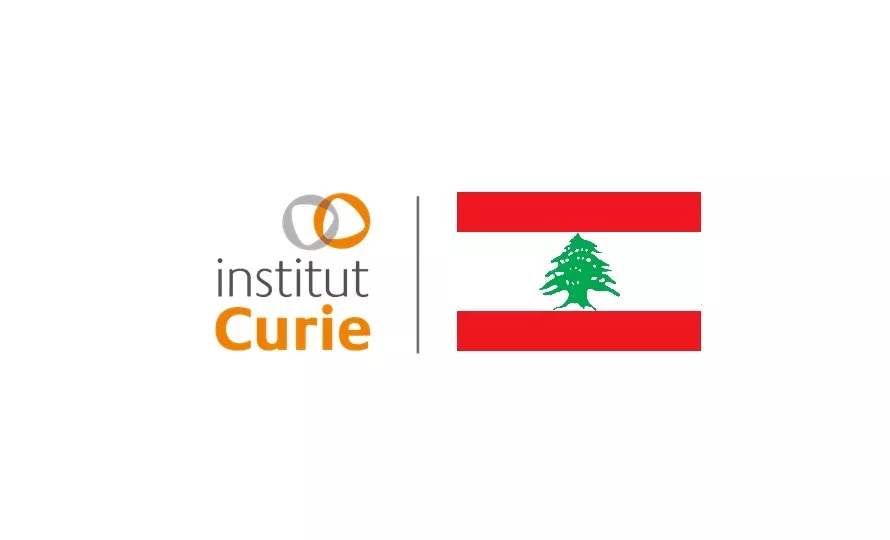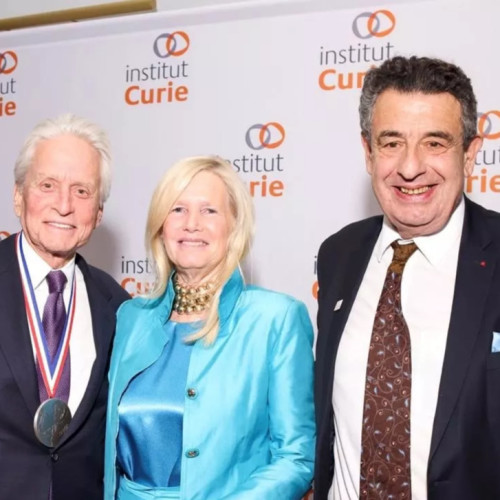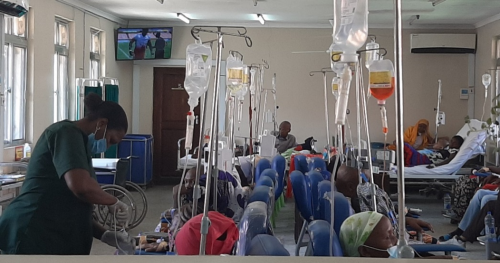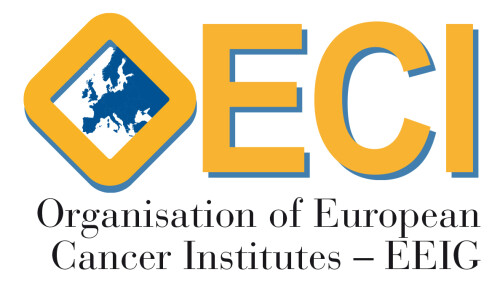This report is the culmination of many years of collaboration between Institut Curie and Lebanese health professionals to improve cancer treatment (1).
Given the various crises faced by the country, and in particular the recent explosion in the port of Beirut, which destroyed oncology departments and killed patients undergoing treatment, Institut Curie decided to step up its support.
“Lebanon was one of the countries with the best physicians and caregivers. The number of hospitals and technical platforms, although dispersed, exceeded requirements. Today this country is falling apart, suffering a brain drain and major problems with access to care and medications. The condition of cancer patients is deteriorating rapidly, related to the spectacular impoverishment of the population”, explains Dr. Pierre Anhoury, Director of International Relations at Institut Curie.
Health professionals isolated and the health situation undermined
The report’s conclusions are clear: the treatment process is affected at all stages of patient care. The cancer diagnosis process is limited and information remains partial. Surgery, chemotherapy and radiotherapy could be of unreliable quality and are not well coordinated. The mass exodus of physicians to other countries has made the situation worse. Palliative care is rudimentary or completely lacking, and pain evaluation and treatment are not systematic. Lastly, health professionals usually work in several different hospitals, limiting options for multidisciplinary work on a single site to help patients.
Strengthening knowledge about the disease and the treatment process
1. Bolstering the knowledge of health professionals and patients.
Institut Curie recommends the creation of a Lebanese council on cancer data in order to organize and improve the quality of data, and enable health professionals to obtain reliable sources on the epidemiology of cancer in Lebanon.
Furthermore, Institut Curie recommends widespread application of the oncology guidelines published under the auspices of the Lebanese Society of Medical Oncology and Lebanon’s Ministry for Health.
2. Stepping up coordination between health professionals and all health structures
In order to prevent therapeutic decisions from being made by a single physician, Institut Curie recommends the implementation of multi-disciplinary meetings (TUMOR BOARDS modeled on cancer centers in France), and also integration of support and palliative healthcare professionals. These staff have a crucial role to play in decisions related to complex situations.
Moreover, precision diagnosis of cancer would improve in quality if laboratories able to carry out tumor characterization tests joined forces or shared molecular biology platforms.
Lastly, Institut Curie recommends making the approval and pricing of new cancer drugs more transparent.
3. Making patients partners and informed engineers of their treatment
The patient is the main architect of his/her treatment process, which is why Institut Curie recommends getting patient representative associations more involved to make sure that the expectations of patients and their families are considered.
In keeping with the new ten-year anti-cancer strategy in France, Lebanon would benefit from developing cancer information, prevention and screening.
|
Two major initiatives for improving the oncology situation in Lebanon In light of these observations, Institut Curie has released half a million euros to fund training for Lebanese physicians and researchers in France. This fellowship program offered to 6 selected professionals is now in application. Furthermore, next June, along with local bodies, Institut Curie will launch a Master Class program on 5 main themes:
|
(1) The incidence of cancer in Lebanon has doubled since the 1960s[1], making it one of the Arab countries most affected by this disease.



